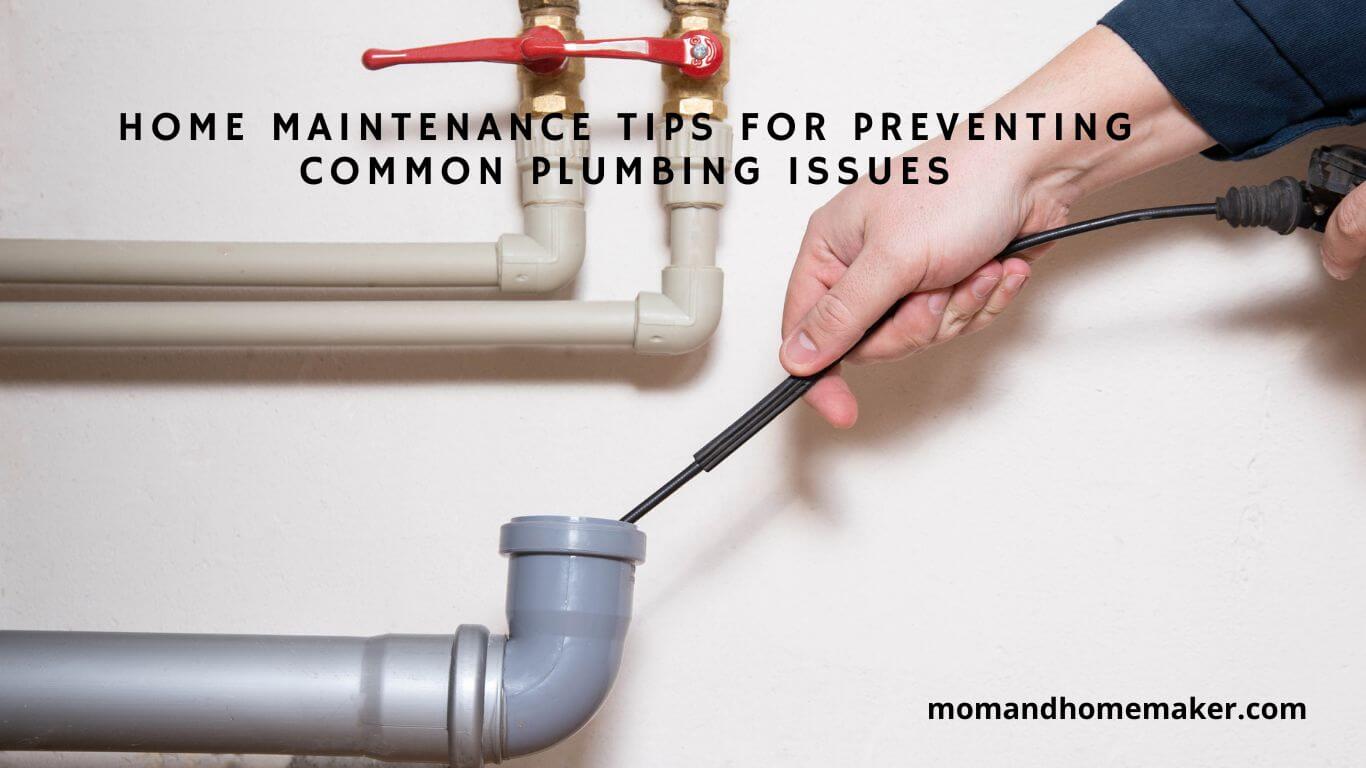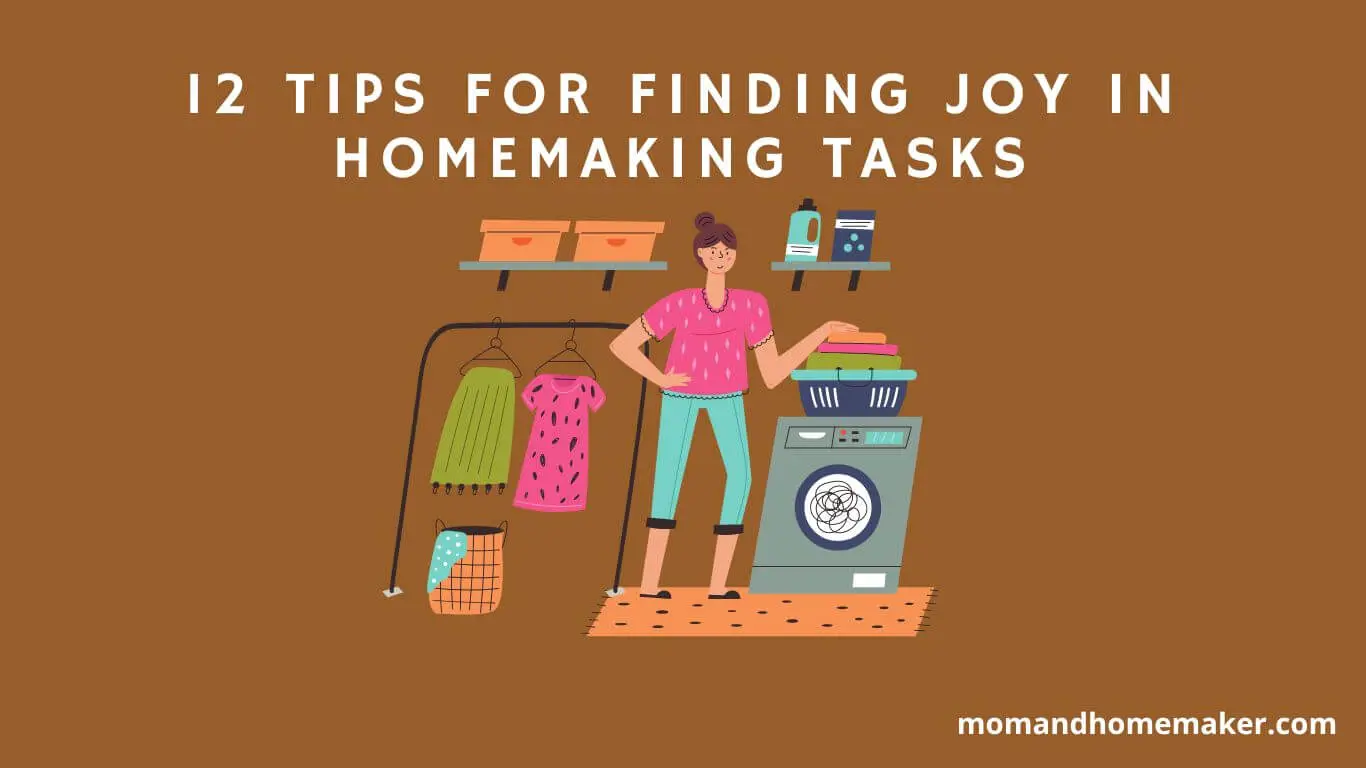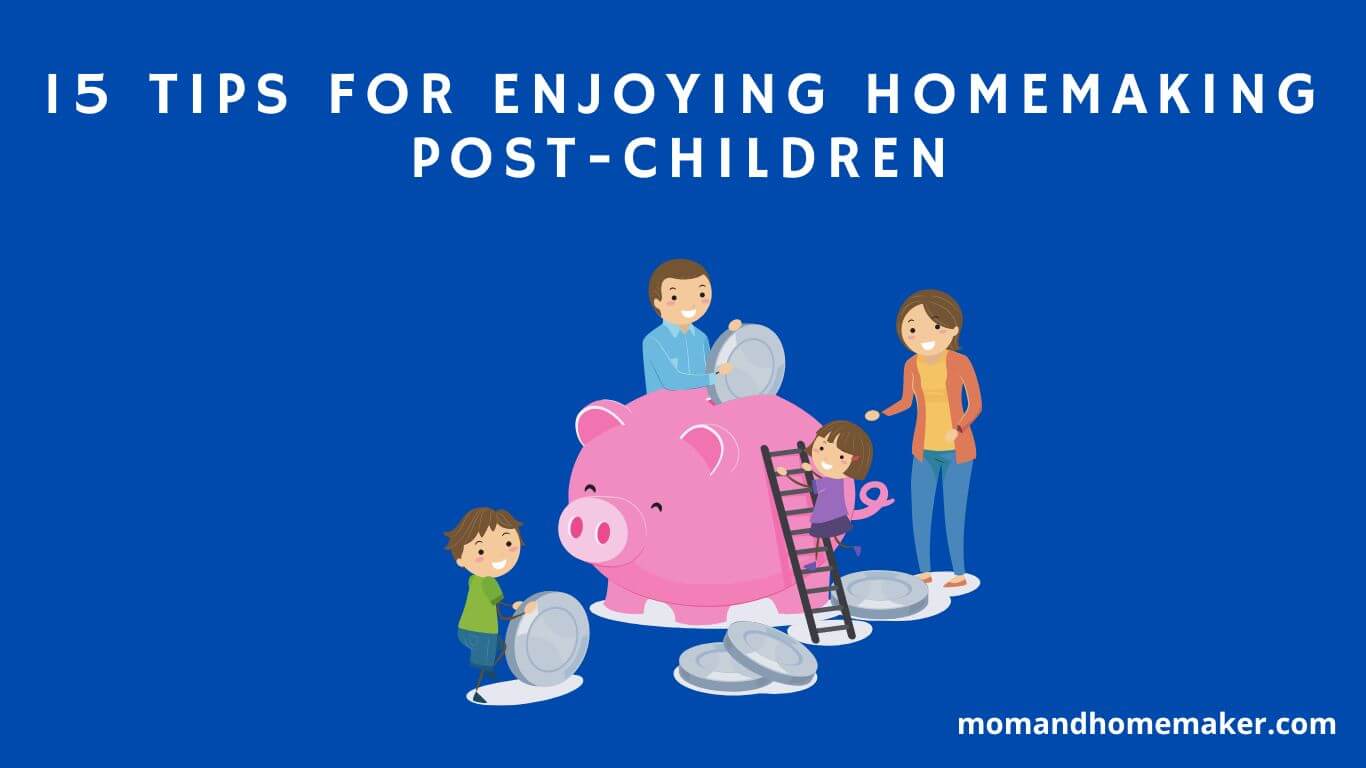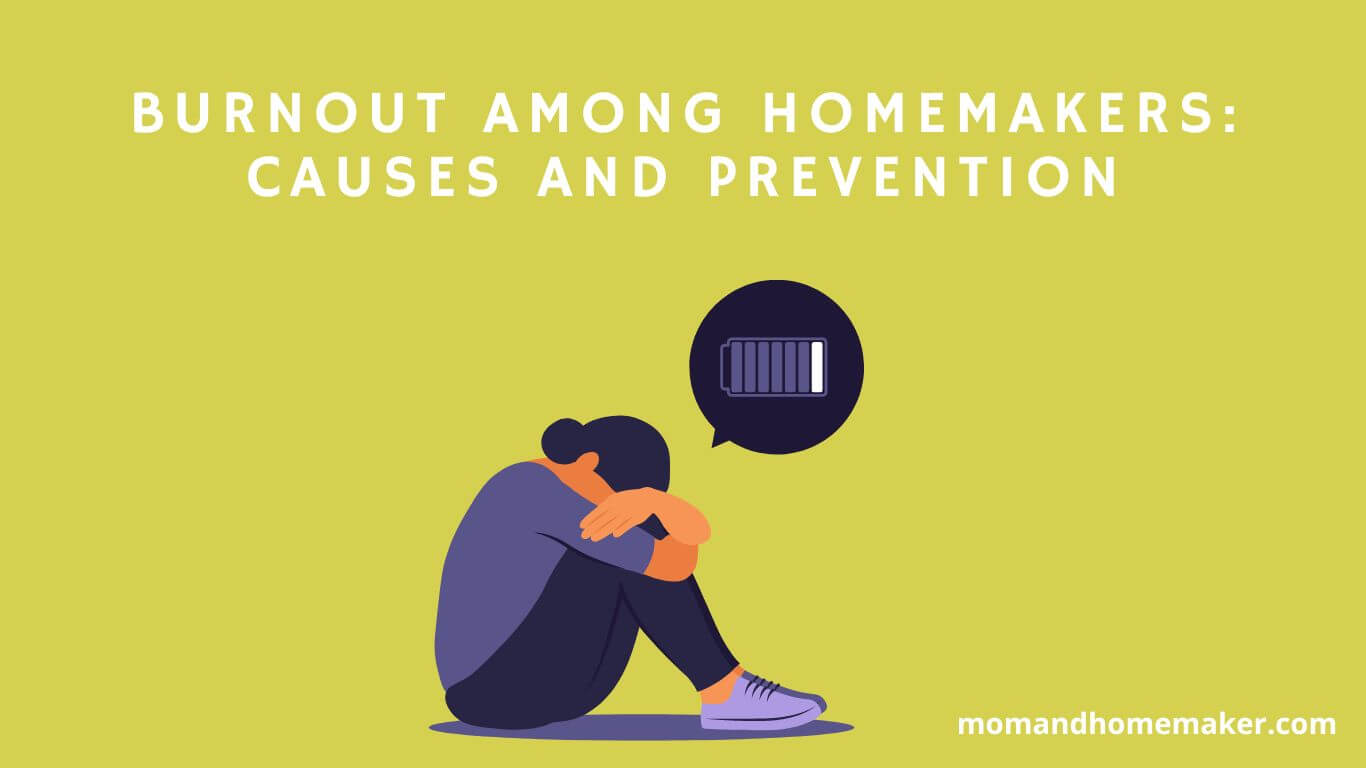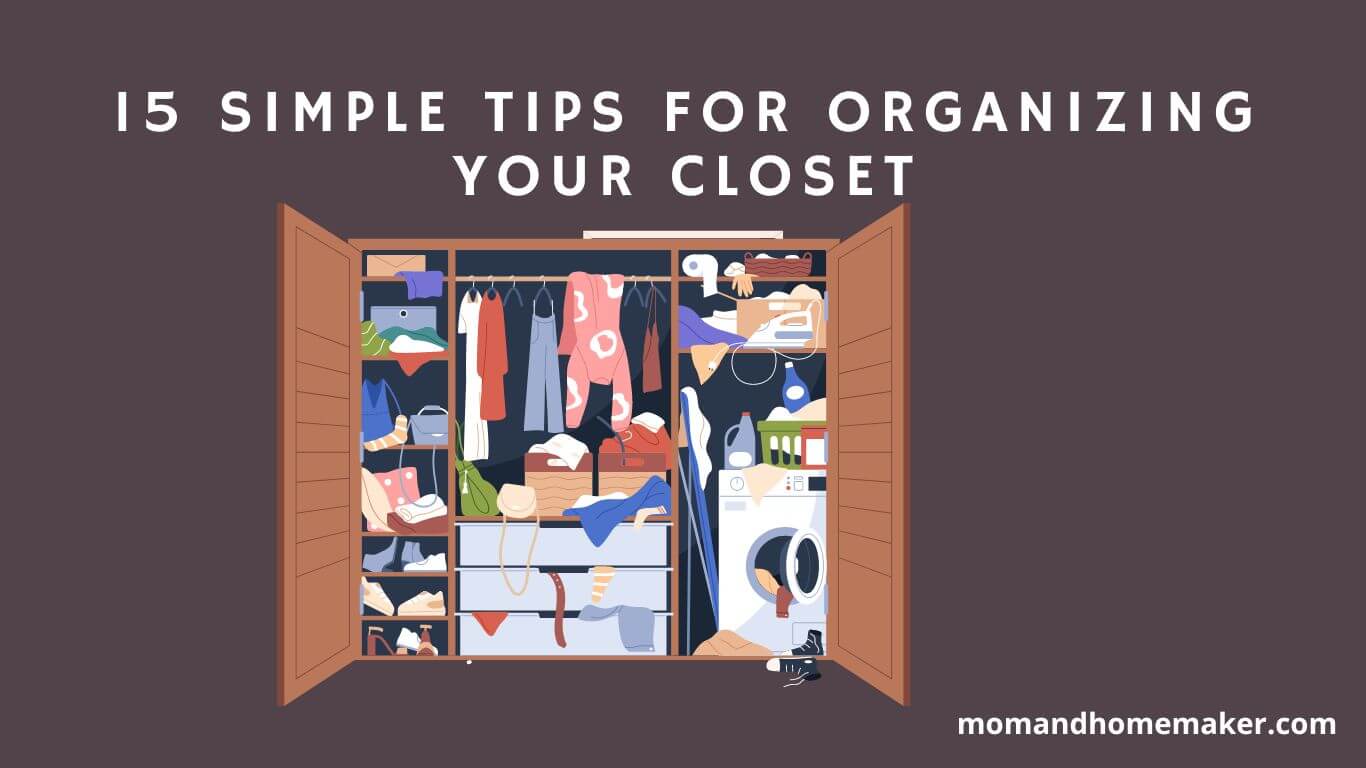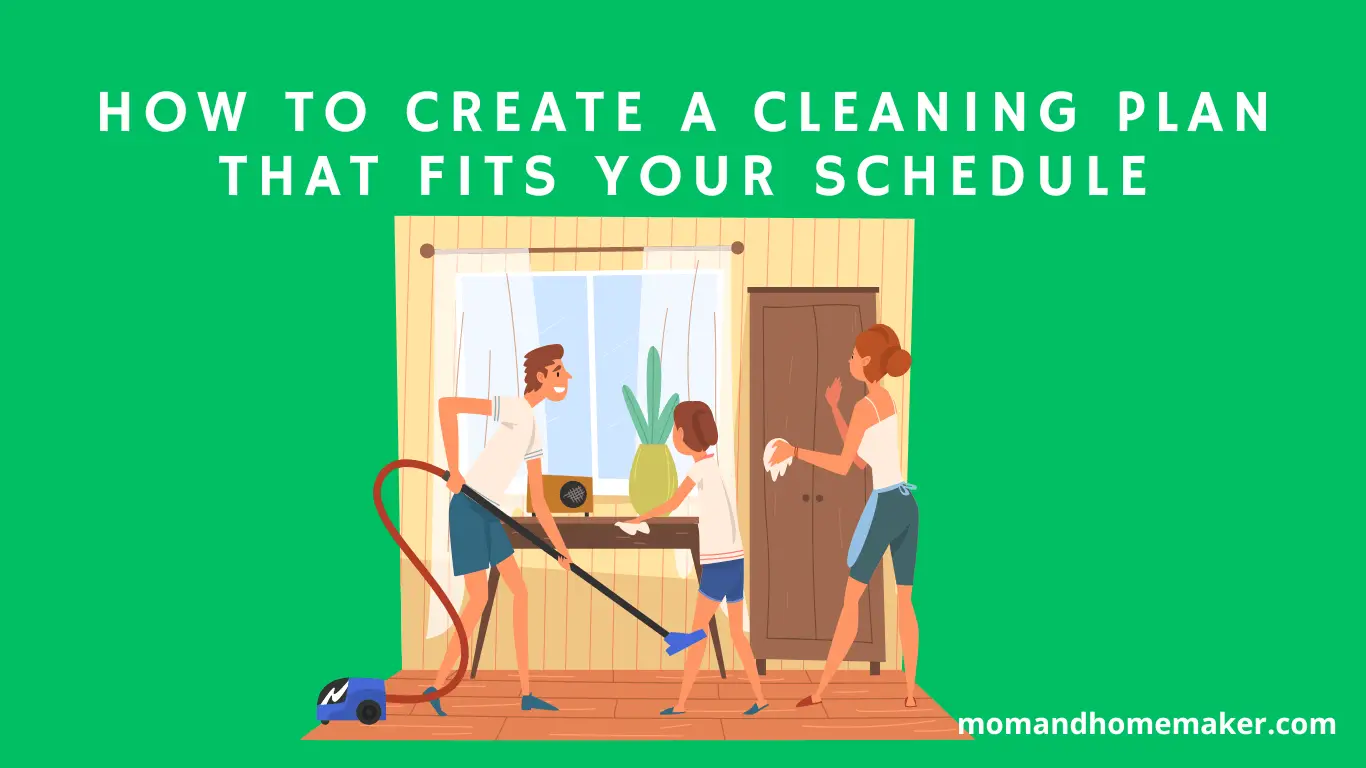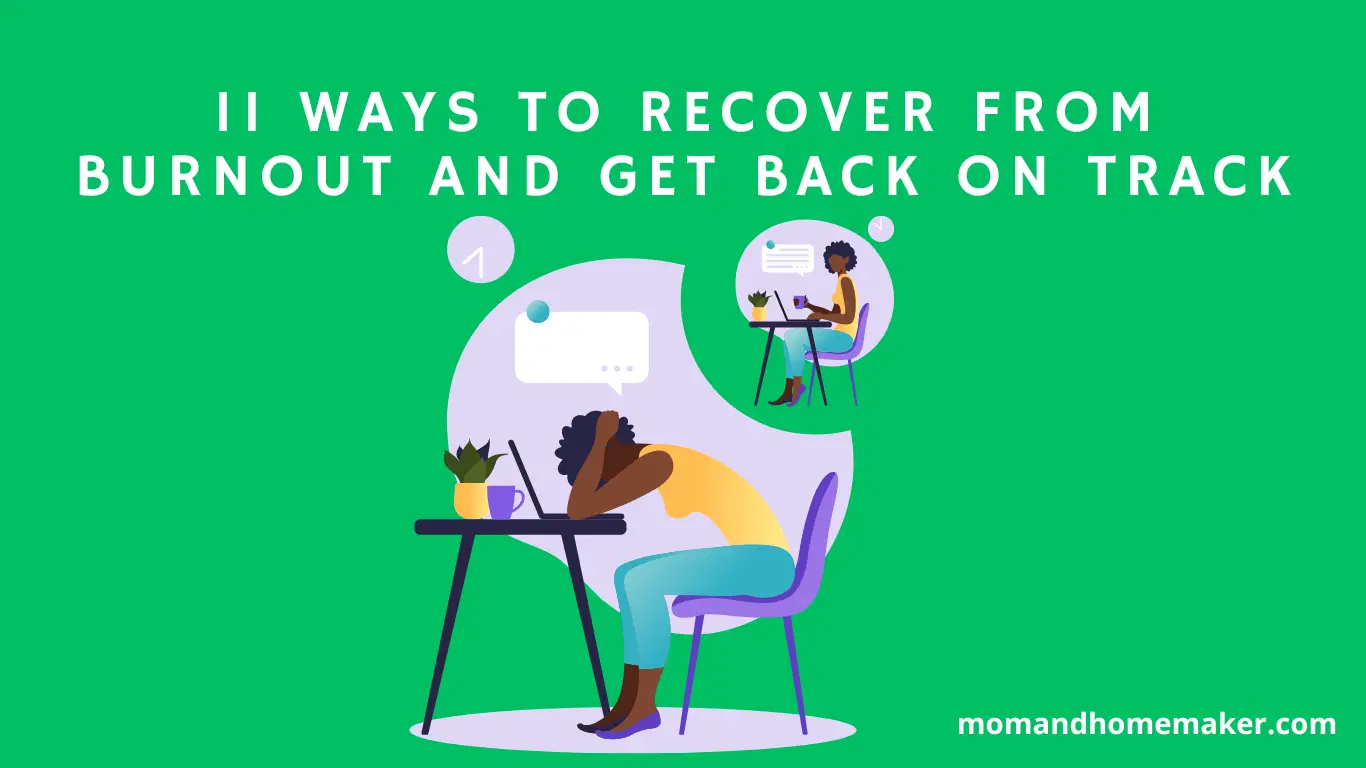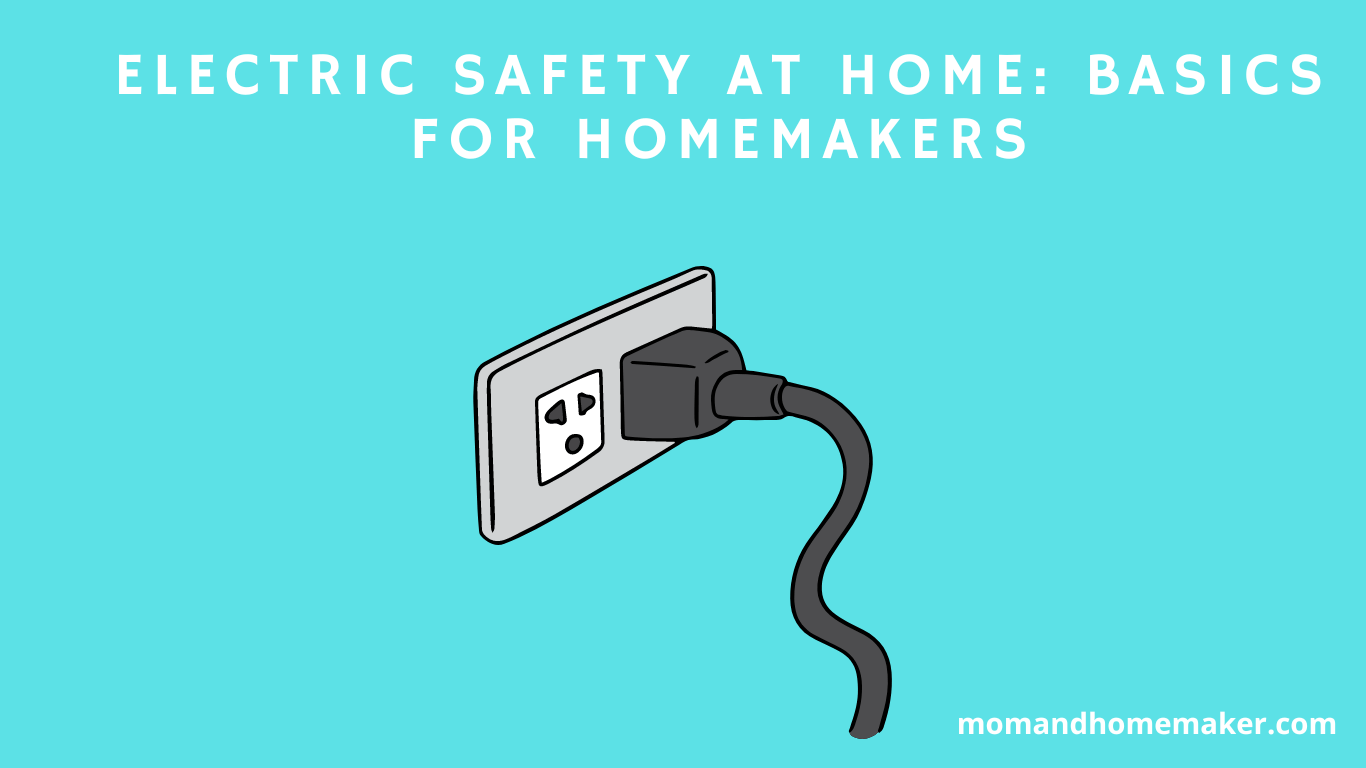As a homeowner, you want to ensure that your house remains a safe and comfortable haven. Nobody wants to deal with unexpected plumbing mishaps that can disrupt daily life. The good news is that with some simple preventative measures, you can significantly reduce the likelihood of encountering common plumbing issues.
Preventing common problems is easier than you might think. By inspecting pipes, keeping drains clear, and using drain screens, you can avoid costly repairs. Don’t flush non-flushable items and check water pressure regularly. Disconnect outdoor hoses in winter to prevent freezing.
Look out for signs of water damage and schedule regular professional inspections. Educate yourself on basic plumbing maintenance to take control of your home’s plumbing system.

Key Takeaways
- Regular inspection and maintenance of pipes and drains is crucial for leak detection and early intervention, which helps conserve water and save money on water bills.
- Preventing clogs and blockages by using drain screens and proper disposal of non-flushable items is essential for a healthy plumbing system and the environment.
- Using natural drain cleaning methods and avoiding chemical drain cleaners is safer for pipes and the environment while still being effective.
- Winter maintenance, such as insulating pipes to prevent freezing and knowing the location of the main water shut-off valve, ensures a reliable and functioning plumbing system during the colder months and helps prevent further damage.
Inspect Pipes for Leaks Regularly
To prevent common plumbing issues, regularly inspect your pipes for leaks. Regular inspection is crucial for leak detection and early intervention, which are key in preventing further damage and costly repairs. By taking the time to inspect your pipes on a regular basis, you can identify any potential leaks or weak areas before they turn into major problems.
Leak detection is essential because even a small leak can lead to significant water wastage and damage to your home. By catching leaks early, you can take immediate action to fix the issue and conserve water. Not only does this benefit the environment, but it also saves you money on your water bill.
Regular inspection and timely intervention are cost-saving measures that can help you avoid expensive repairs down the line. By addressing any leaks or weak spots in your pipes early on, you can prevent them from escalating into larger issues that require extensive repairs or even pipe replacements.
Make it a habit to regularly inspect your pipes for leaks. It only takes a few minutes of your time, but it can save you from future headaches and expenses. Remember, early intervention is key to maintaining a well-functioning plumbing system and ensuring water conservation.
Keep Drains Clear of Debris
Clear your drains of debris regularly to prevent common plumbing issues. Neglecting to clean your drains can lead to clogs, slow drainage, and even pipe damage. By incorporating routine drain cleaning into your home maintenance schedule, you can ensure the smooth operation of your plumbing system and avoid costly repairs.
To help you understand the importance of drain cleaning, here is a handy table outlining the benefits and recommended frequency of this task:
| Benefits of Drain Cleaning | Recommended Frequency |
|---|---|
| Prevents clogs | Every 1-2 months |
| Improves water flow | Every 3-6 months |
| Extends pipe lifespan | Annually |
Regular drain cleaning involves removing debris that accumulates over time, such as hair, soap scum, and food particles. There are several methods you can use for debris removal, including using a plunger, drain snake, or natural drain cleaners. Additionally, it is crucial to inspect your pipes regularly for any signs of damage or leaks. This can be done during the drain cleaning process.
Another essential aspect of drain maintenance is checking the water pressure. High water pressure can put stress on your pipes, leading to leaks or bursts. Use a water pressure gauge to ensure the pressure is within the recommended range.
Use Drain Screens to Prevent Clogs
To prevent clogs and maintain the smooth operation of your plumbing system, incorporate drain screens into your routine home maintenance. Drain screens are simple but effective tools that can help prevent debris from entering your drains and causing blockages.
The benefits of using drain screens are numerous. They can prevent hair, food particles, and other small objects from going down the drain, reducing the risk of clogs. By keeping your drains clear, you can avoid unpleasant odors and the need for costly plumbing repairs.
There are different types of drain screens available, including mesh screens and plastic screens with small holes. Mesh screens are particularly effective in catching small particles, while plastic screens are more durable and easy to clean.
Installing a drain screen is a straightforward process. Simply place the screen over the drain opening and make sure it fits securely. For a DIY option, you can even create your own drain screen using a piece of wire mesh or an old pair of pantyhose.
Regular maintenance of drain screens is crucial to their effectiveness. Clean the screens regularly by removing any trapped debris and rinsing them with water. This will ensure that the screens continue to function properly and prevent clogs in your plumbing system.
Avoid Flushing Non-Flushable Items
To prevent plumbing issues, you should never flush non-flushable items down the toilet. Flushing non-flushable items can lead to serious plumbing emergencies and have a negative environmental impact. Many people make the common mistake of flushing items like baby wipes, cotton balls, dental floss, and paper towels, thinking they’ll simply disappear. However, these items can clog your pipes and cause backups, resulting in costly repairs.
Proper disposal of non-flushable items is essential to maintaining a healthy plumbing system. Instead of flushing them down the toilet, it’s important to dispose of these items in the trash. This not only prevents plumbing issues but also helps to protect the environment. Non-flushable items can end up in our waterways and harm marine life.
If you’re looking for DIY alternatives to flushing non-flushable items, consider using reusable cloth wipes instead of disposable baby wipes. Reusable cloth wipes can be washed and reused, reducing waste and the risk of clogging your pipes.
Check Water Pressure Regularly
You should regularly check your water pressure to prevent common plumbing issues. Maintaining proper water pressure is essential for the efficient functioning of your plumbing system. High or low water pressure can lead to a range of problems, including pipe leaks, burst pipes, and reduced water flow. By testing and regulating your water pressure, you can avoid these issues and ensure the longevity of your plumbing system.
To help you understand the importance of water pressure maintenance, here is a table outlining the potential problems associated with high and low water pressure:
| High Water Pressure | Low Water Pressure |
|---|---|
| – Pipe leaks and bursts | – Reduced water flow |
| – Water hammering (loud banging noise) | – Inadequate water supply |
| – Damage to appliances and fixtures | – Difficulty in filling containers |
| – Wasted water and increased water bills | – Inefficient flushing and cleaning |
To troubleshoot and adjust your water pressure, you can follow these simple steps:
- Test the water pressure using a pressure gauge.
- If the pressure is too high, install a pressure regulator to reduce it.
- If the pressure is too low, check for any blockages in the pipes or valves.
- Adjust the pressure regulator or call a professional plumber if necessary.
Test and Maintain Water Heater
To ensure the efficient functioning of your plumbing system, it’s important to regularly test and maintain your water heater. By doing so, you can prevent common issues and extend the lifespan of your water heater.
Regular maintenance includes:
- Checking the temperature and pressure relief valve
- Flushing the tank to remove sediment buildup
- Inspecting the anode rod for corrosion.
Testing your water heater is essential to identify any potential problems early on. Start by checking the temperature setting to ensure it’s at the recommended level of 120 degrees Fahrenheit to prevent scalding and improve energy efficiency. Next, test the pressure relief valve by lifting the lever and allowing some water to discharge. If it doesn’t release water or if it continuously leaks, it may need to be replaced.
Troubleshooting common water heater issues involves checking for signs of leaks, unusual noises, or inconsistent hot water supply. If you notice any of these issues, it may be time for a water heater replacement.
Maintaining water heater efficiency is crucial for reducing energy consumption and lowering utility bills. Insulating the tank and pipes, as well as regularly cleaning the burner and flue, can improve the efficiency of your water heater.
Insulate Pipes to Prevent Freezing
One way to prevent freezing of pipes is by insulating them. Insulating pipes is a crucial step in winter plumbing maintenance that can help you avoid the hassle and expense of dealing with frozen pipes. Here are some important tips to keep in mind when it comes to insulating your pipes:
- Choose the right type of pipe insulation: There are various types of pipe insulation available, such as foam insulation sleeves, fiberglass insulation, and heat tape. Consider the specific needs of your plumbing system and choose the appropriate insulation material.
- Insulate both hot and cold water pipes: It’s essential to insulate both hot and cold water pipes to prevent freezing. Cold water pipes, especially those exposed to colder areas like basements and crawl spaces, are susceptible to freezing. Insulating hot water pipes can also help to conserve energy by reducing heat loss.
- Pay attention to vulnerable areas: Focus on insulating pipes in vulnerable areas such as exterior walls, unheated areas, and attics. These areas are more prone to freezing, and insulating the pipes in these spots can provide an extra layer of protection.
Remember, preventing freezing is much easier and less expensive than dealing with frozen pipes. By insulating your pipes properly, you can ensure a reliable and functioning plumbing system throughout the winter season.
Know the Location of Your Main Water Shut-Off Valve
To ensure proper home maintenance and prevent common plumbing issues, it’s crucial that you know the location of your main water shut-off valve. Inspecting valves and understanding your plumbing system are essential steps in being prepared for emergencies. By knowing the location of the main water shut-off valve, you can quickly and effectively stop the flow of water in case of a plumbing emergency, such as a burst pipe or a major leak.
Locating the water sources in your home is the first step in identifying the main water shut-off valve. Typically, the valve is located near the water meter, which is usually found in the basement or crawl space. It may also be located outside your home, near the water main. Familiarize yourself with the layout of your plumbing system and take note of any valves you come across.
Knowing the emergency shut-off procedure is equally important. In case of a plumbing emergency, you should turn off the main water supply immediately to prevent further damage. To do this, locate the main shut-off valve and turn it clockwise until it’s fully closed. This will stop the flow of water throughout your home.
Avoid Using Chemical Drain Cleaners
Maintain your plumbing system by avoiding the use of chemical drain cleaners. While they may seem like a quick fix, chemical drain cleaners can actually cause more harm than good. Here are some reasons why you should opt for natural drain cleaning methods instead:
- Importance of natural drain cleaning methods:
- Natural methods are safer for your pipes and the environment.
- They’re often just as effective as chemical cleaners, if not more.
- Natural cleaners are readily available and cost-effective.
- Alternatives to chemical drain cleaners:
- Use a mixture of baking soda and vinegar to break down clogs.
- Use a plunger or plumbing snake to physically remove blockages.
- Consider using enzyme-based drain cleaners that break down organic matter.
- Potential dangers of chemical drain cleaners:
- Chemical cleaners can corrode your pipes over time.
- They can release toxic fumes that are harmful to your health.
- Improper use can lead to accidents and injuries.
To maintain a healthy plumbing system, it’s also important to schedule regular pipe inspections. This allows you to identify any potential issues before they escalate into major problems. Professional plumbers play a crucial role in maintaining healthy plumbing systems. They have the expertise to perform thorough inspections and provide necessary repairs or maintenance.
Properly Dispose of Grease and Oil
When it comes to preventing common plumbing issues, it’s crucial that you properly dispose of grease and oil to avoid clogs and damage to your pipes. Improper disposal of grease and oil can lead to costly repairs and environmental damage. To ensure proper disposal, consider using grease traps in your kitchen plumbing system. Grease traps are designed to capture and separate grease and oil from wastewater before it enters the plumbing system. Regularly cleaning and maintaining these traps will prevent blockages and keep your pipes flowing smoothly.
Additionally, consider recycling your used cooking oil. Many cities and municipalities have oil recycling programs in place to collect and repurpose used oil. This not only helps protect your plumbing but also reduces the environmental impact of improperly disposed oil. Check with your local waste management department or recycling center to find out where you can drop off your used oil for recycling.
Use a Plunger for Minor Clogs
If you encounter minor clogs in your plumbing system, grab a plunger to quickly and effectively clear the blockage. A plunger is a simple yet powerful tool that can save you from the hassle and expense of calling a plumber.
Here are some plunger techniques and unclogging methods to help you tackle common blockages:
- Position the plunger over the drain or toilet bowl and push down firmly. Then, pull up forcefully to create suction and dislodge the clog. Repeat this motion several times until the water starts to drain or the toilet flushes properly.
- For sink clogs, cover the overflow opening with a wet cloth or tape to create a seal and maximize the suction power of the plunger.
- If the plunger doesn’t work, try using a drain snake or plumbing auger to remove the clog manually.
While a plunger is effective for minor clogs, there may be alternative solutions for more stubborn blockages or emergency situations. Consider using a chemical drain cleaner, but be cautious as these products can be harsh and may damage your pipes. If all else fails, it’s best to call a professional plumber to avoid further damage to your plumbing system.
Install a Water Softener to Prevent Mineral Buildup
To prevent mineral buildup in your plumbing system, consider installing a water softener. Water softeners are highly beneficial in preventing mineral deposits and the negative effects of mineral buildup. When hard water flows through your pipes, it leaves behind mineral deposits such as calcium and magnesium. Over time, these deposits can clog your pipes, reduce water pressure, and even damage your plumbing system.
By installing a water softener, you can effectively remove these minerals from your water supply, preventing them from accumulating in your pipes. Water softeners work by using an ion exchange process to replace the minerals with sodium or potassium ions, resulting in softened water.
Softened water not only prevents mineral buildup in your plumbing system, but it also has numerous other benefits. It extends the lifespan of your appliances, improves the effectiveness of soaps and detergents, reduces scale buildup on fixtures, and provides softer and cleaner laundry.
To ensure proper water softener installation and enjoy the many benefits it offers, consult a professional plumber who can guide you through the process. Installing a water softener is an essential step in preventing mineral deposits and maintaining the longevity of your plumbing system.
Check for Signs of Hidden Leaks
Regularly inspect your plumbing system for any signs of hidden leaks. Hidden leaks can cause significant damage if left undetected and unrepaired. Here are some signs to watch out for and steps you can take to prevent and address hidden leaks:
- Monitor your water bill: A sudden increase in your water bill without any explanation could be a sign of a hidden leak. Keep track of your water usage to detect any unusual spikes.
- Check for water stains: Look for any water stains on ceilings, walls, or floors, as they may indicate a hidden leak. Pay close attention to areas near pipes or fixtures.
- Listen for dripping or running water: If you hear the sound of water dripping or running when no faucets are turned on, it could be a sign of a hidden leak. Investigate the source of the sound to identify and address the issue.
To prevent hidden leaks:
- Insulate exposed pipes: Insulating your pipes can help prevent leaks caused by freezing temperatures. It also helps regulate water temperature, reducing the risk of pipe deterioration.
- Maintain proper water pressure: High water pressure can put stress on your pipes, increasing the chances of leaks. Use a pressure regulator to maintain a safe and optimal water pressure level.
- Schedule regular plumbing inspections: Professional plumbers can perform thorough inspections to identify any hidden leaks and address them promptly.
Avoid Overusing Garbage Disposals
When using your garbage disposal, make sure to avoid overusing it to prevent potential plumbing issues. While it may be convenient to dispose of all your food waste down the drain, excessive use of the garbage disposal can lead to clogs and blockages in your pipes.
Instead, consider incorporating garbage disposal alternatives into your eco-friendly kitchen practices. One such alternative is composting food waste. By separating your food scraps and composting them, you not only reduce the amount of waste that goes into your garbage disposal but also create nutrient-rich soil for your garden.
Additionally, reducing food waste through mindful consumption can help alleviate the strain on your garbage disposal. Planning meals, using leftovers, and buying only what you need are simple yet effective ways to minimize the amount of food waste generated in your kitchen.
Be Mindful of What You Flush Down the Toilet
Make sure you’re cautious about what you flush down the toilet to prevent potential plumbing issues. Proper toilet hygiene and disposal practices are essential for maintaining a healthy plumbing system and avoiding unnecessary emergencies. Here are some important things to keep in mind:
- Only flush toilet paper: Flushing anything other than toilet paper can lead to clogged pipes and sewer backups. Avoid flushing items like wet wipes, facial tissues, or sanitary products, as they don’t break down easily and can cause blockages.
- Think about the environment: Flushing harmful chemicals, medications, or cleaning agents down the toilet can have a negative impact on the environment. These substances can contaminate water sources and harm aquatic life. Dispose of such items properly by following local regulations or using designated drop-off sites.
- Be mindful of your septic system: If you have a septic system, it’s even more crucial to be mindful of what goes down the toilet. Flushing non-biodegradable items or excessive amounts of toilet paper can overload the system and lead to costly repairs.
Inspect and Maintain Your Sump Pump
To ensure the proper functioning of your plumbing system and prevent potential issues, it’s important to regularly inspect and maintain your sump pump. The sump pump is responsible for keeping your basement dry by removing excess water from the sump basin. Here are some essential maintenance tasks you should perform:
Start by inspecting the pump motor. Check for any signs of damage, such as frayed wires or rust. If you notice any issues, it may be time to replace the motor.
Next, clean the sump basin. Remove any debris or sediment that may have accumulated over time. This will help prevent clogs and ensure smooth water flow.
Test the float switch to make sure it’s working correctly. The float switch is responsible for activating the pump when the water level rises. Pour some water into the basin and observe if the pump turns on and off as it should.
Check the discharge pipe for any obstructions. Ensure that it’s properly connected and free from debris. A blocked or disconnected pipe can prevent the pump from effectively removing water from your basement.
Lastly, replace the backup battery if your sump pump has one. This is crucial in case of a power outage, as the backup battery will keep the pump working and prevent flooding.
Keep Gutters and Downspouts Clear
Clearing your gutters and downspouts regularly is crucial for preventing plumbing issues and preserving the integrity of your home. Neglecting gutter cleaning and downspout maintenance can lead to water damage and costly repairs. Here are some important reasons why you should keep your gutters and downspouts clear:
- Preventing water damage: When leaves, debris, and dirt accumulate in your gutters, it can lead to clogs. This causes rainwater to overflow, potentially damaging your home’s foundation, walls, and landscaping. By regularly cleaning your gutters, you can ensure proper water flow and prevent water damage.
- Maintaining your roof: Clogged gutters can cause water to back up and seep into your roof. This can lead to rotting, leaks, and other costly roof repairs. By keeping your gutters clear, you can protect your roof and extend its lifespan.
- Improving outdoor drainage: Clear gutters and downspouts ensure that rainwater is directed away from your home’s foundation. This helps prevent flooding and water pooling around your property, which can lead to structural damage.
Regular gutter cleaning and downspout maintenance are essential for preventing plumbing issues and preserving the integrity of your home. By taking the time to maintain your gutters and downspouts, you can avoid water damage, protect your roof, and ensure proper outdoor drainage.
Disconnect Outdoor Hoses in Winter
Disconnect your outdoor hoses in winter to prevent plumbing issues. Winterizing hoses and preparing for cold weather is an important part of outdoor plumbing care. When temperatures drop, water left in hoses can freeze and expand, causing the hoses to crack or burst. This can lead to costly repairs and water damage. By disconnecting your hoses before the cold weather hits, you can prevent hose damage and ensure that your outdoor plumbing remains in good condition.
To help you visualize the importance of disconnecting outdoor hoses in winter, here is a table showcasing the potential consequences of neglecting this winter maintenance task:
| Neglecting to Disconnect Hoses in Winter | Taking the Time to Disconnect Hoses in Winter |
|---|---|
| Cracked or burst hoses | Intact and undamaged hoses |
| Water leaks and potential flooding | No water leaks or risk of flooding |
| Costly repairs | Saving money on repairs |
| Water damage to property | Protecting your property from water damage |
As you can see, disconnecting your outdoor hoses in winter is a simple step that can prevent significant plumbing issues. By taking the time to perform this winter maintenance task, you can ensure the longevity of your hoses and avoid unnecessary expenses. So, remember to disconnect your outdoor hoses before the cold weather sets in, and enjoy the peace of mind that comes with proper outdoor plumbing care.
Check for Signs of Water Damage
Inspect your home for any signs of water damage. Water damage prevention is crucial for maintaining a safe and comfortable living environment. By being proactive and identifying leaks early on, you can prevent costly repairs and potential health hazards. Here are some important steps to take:
- Regularly check for water stains or discoloration on walls, ceilings, and floors. These can be signs of hidden leaks or water seepage.
- Monitor your water bill for any sudden increases. A significant rise in water usage could indicate a leak in your plumbing system.
- Manage water pressure by installing a pressure regulator. High water pressure can strain your pipes and lead to leaks or bursts.
- Maintain your water heater by draining and flushing it annually to remove sediment buildup. This will extend its lifespan and prevent leaks caused by corrosion.
- Understand the importance of your main water shut-off valve. Familiarize yourself with its location and ensure it’s functioning properly. In case of a major water leak or burst pipe, shutting off the main valve can minimize damage.
Schedule Regular Professional Inspections
To ensure the ongoing maintenance and proper functioning of your plumbing system, it’s essential that you regularly schedule professional inspections. Regular inspections conducted by professional plumbers are a crucial part of preventative measures for plumbing maintenance. By having your plumbing system inspected on a routine basis, you can identify and address potential issues before they become major problems.
Professional plumbers have the expertise and knowledge to thoroughly examine your plumbing system and identify any underlying issues that may not be visible to the untrained eye. They can check for leaks, corrosion, blockages, and other signs of wear and tear. These inspections also allow them to assess the overall condition of your pipes, fixtures, and appliances, ensuring that everything is in proper working order.
Preventative measures such as regular inspections can help you avoid plumbing issues down the line. By catching small problems early on, you can prevent costly repairs and extensive damage to your home. Additionally, professional plumbers can provide you with valuable advice on how to maintain your plumbing system and prevent future issues.
Educate Yourself on Basic Plumbing Maintenance
To properly maintain your plumbing system and prevent common issues, it’s important for you to familiarize yourself with basic plumbing maintenance practices. By educating yourself on these practices, you can save money, and time, and avoid unnecessary stress caused by plumbing problems.
Here are some key points to consider:
- Basic Plumbing Tools: It’s essential to have a basic set of plumbing tools at home. These tools include a plunger, pipe wrench, adjustable wrench, and a pipe cutter. With these tools, you can handle small repairs and maintenance tasks on your own.
- Common Plumbing Problems: Understanding common plumbing problems such as leaks, clogged drains, and dripping faucets can help you identify and address issues before they escalate. By knowing how to handle these problems, you can prevent further damage and reduce the need for professional assistance.
- DIY Plumbing Repairs: Learning how to perform simple DIY plumbing repairs can save you money and give you a sense of accomplishment. Fixing a leaky faucet, replacing a toilet flapper, or clearing a clogged drain are examples of repairs that you can easily do yourself with a little guidance.
By educating yourself on basic plumbing maintenance, you not only become more self-reliant but also contribute to water conservation efforts. Regular plumbing maintenance helps identify and fix leaks, reducing water wastage and lowering your utility bills. Additionally, it prolongs the lifespan of your plumbing system, saving you from expensive repairs in the long run.
Take the time to learn these basic skills, and you’ll experience the benefits of a well-maintained plumbing system in your home.
Conclusion
By following these home maintenance tips, you can prevent common plumbing issues and keep your plumbing system in good condition.
Regularly inspecting pipes for leaks, keeping drains clear of debris, and using drain screens are simple yet effective ways to avoid costly repairs.
Remember to avoid flushing non-flushable items and check water pressure regularly. Disconnect outdoor hoses in winter and schedule professional inspections to ensure your plumbing is in top shape.
Educate yourself on basic plumbing maintenance and be the master of your plumbing system, just like a captain steering a ship through calm waters.

